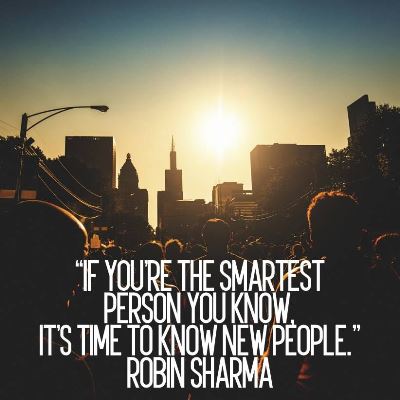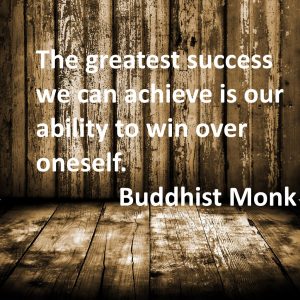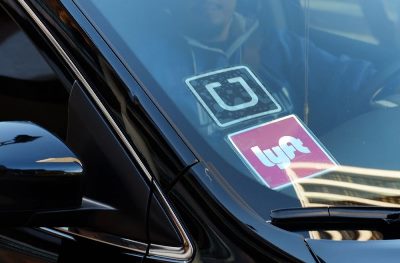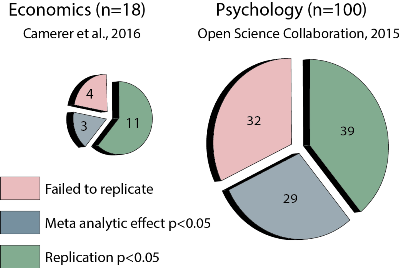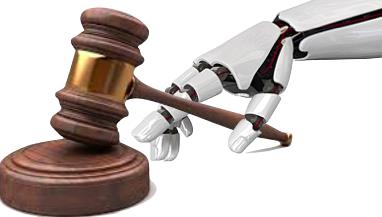Following up on our post ‘How to Decide When It is Time to Know New People‘, the associated question with looking for some new acquaintances to help us grow is, because we have only limited time in our lives, that it means stopping, or seeing less some people. That is often the most difficult part of having our circle of relationships evolve.
 It may be more obvious or easier to stop seing someone that is exceedingly negative and continuously speaks about impending doom, or involves us in a toxic relationship. It is far less easy to spend less time with some people that just don’t grow at the same rate than us, because it is so subjective. And we may have such common emotional baggage and history that it is just difficult to spend less time together.
It may be more obvious or easier to stop seing someone that is exceedingly negative and continuously speaks about impending doom, or involves us in a toxic relationship. It is far less easy to spend less time with some people that just don’t grow at the same rate than us, because it is so subjective. And we may have such common emotional baggage and history that it is just difficult to spend less time together.
Let’s take this statement positively: it is good to try to meet new people that will accompany our growth, and at least get to know a few every year. It is also good to help people we are with grow together with us. It may be that we evolve in such a way that some relationships may get less close, but let’s never forget where we come from, and let’s keep in touch. Eventually we may become some day the person they will need to grow themselves.

